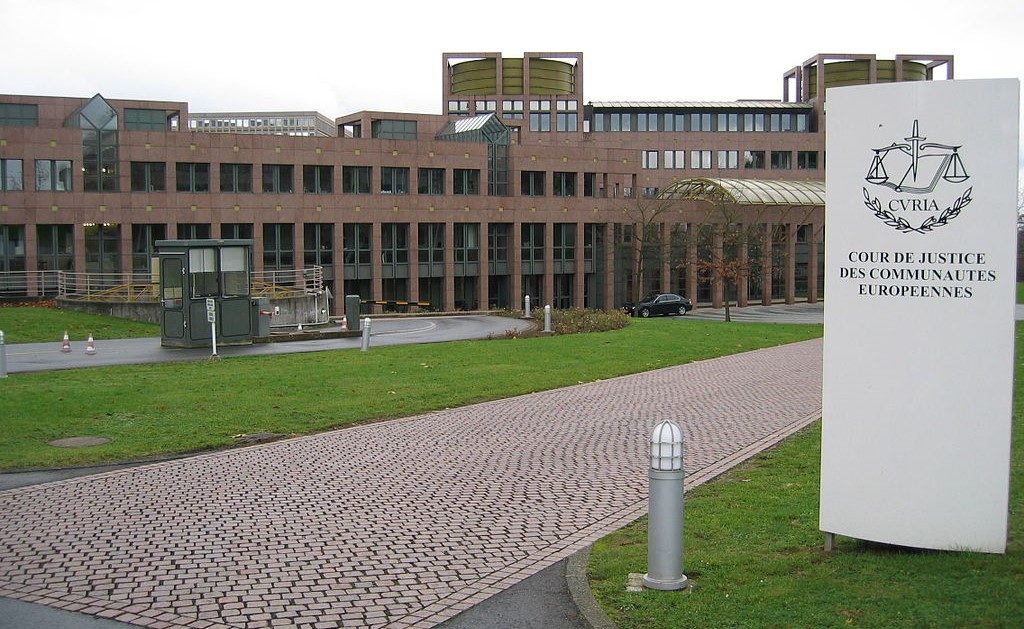European Court of Justice rules GMO 2.0 require clear safety checks

July 25th, 2018
Europe’s highest court today ruled that safety checks and labelling are needed for a new generation of genetically modified organisms (GMOs).
In a landmark ruling, the European Court of Justice confirmed that new techniques to modify the genetic material in plant or animal cells – so-called GMO 2.0 – must undergo the same safety checks for their impacts on the environment and human health as existing genetically modified foods.
Biotechnology companies argued that the new GMO generation should be excluded from the EU’s legislation. The ECJ, however, determined that any organisms obtained by mutagenesis – the changing of the genetic information of an organism – are GMOs and are, in principle, subject to the obligations laid down by the GMO Directive.
The Court’s decision does exempt organisms obtained by mutagenesis that have conventionally been used in a number of applications and have a “long safety record”.
Member States, however, are free to subject them to the obligations laid down by the directive or to other obligations in compliance with EU law, the judgement states.
“The fact that those organisms are excluded from the scope of the Directive does not mean that the persons concerned may proceed freely with their deliberate release into the environment or with their placement on the market within the EU,” a statement from the ECJ reads.

GMO 2.0
The new methods of genetic engineering change the genetic material in cells in a way that couldn’t be possible with conventional plant breeding.
To date, only one variety of oil-seed rape resistant to herbicide in the USA who has been created with these techniques and others are in the pipeline.
This could alternate the cells unintentionally, however, according to Friends of the Earth Europe and raises questions for the environment and our health in the same way as GM techniques.
“We welcome this landmark ruling which defeats the biotech industry’s latest attempt to push unwanted genetically modified products onto our fields and plates,” said FOE’s Mute Schimpf.
“EU and national lawmakers now need to ensure that all new genetically modified products are fully tested,” added Ms Schimpf.
[BREAKING] EU's top court confirms safety checks *are* needed for new generation of '#GMO 2.0' techniques.
This means we won't have any new GM crops by the back door – huge win for the food on our plates & the small farmers that feed us!
Our reaction > https://t.co/uU6xCaFfX3 pic.twitter.com/em5jm40Vp6
— Friends of the Earth Europe🌍 (@foeeurope) July 25, 2018
Speaking to The Green News, Nina Holland, agribusiness campaigner at the Corporate Europe Observatory (CEO) said that she was relieved by the ECJ’s decision which “makes complete sense”.
“The ECJ has really confirmed everything that we have been saying. This is a big victory for the environment, farmers and consumers,” she said.
The next step is for the European Commission and Member States to discuss the ruling and put regulation of new genetically modified products in place, Ms Holland said.
Prohibition of GMO cultivation in Ireland
Earlier this month, the cabinet gave approval for the prohibition or restriction of the cultivation of GMOs in Ireland.
“It is critically important that Ireland takes whatever steps are necessary to maintain our GMO cultivation-free status which is a key element of our international reputation as a green, sustainable food producer,” said the Minister for the Environment, Denis Naughten, TD.
Mr Naughten added that this had no implications for other sectors such as the biotechnology and pharmaceutical industry that are using GMOs techniques.
[x_author title=”About the Author”]







